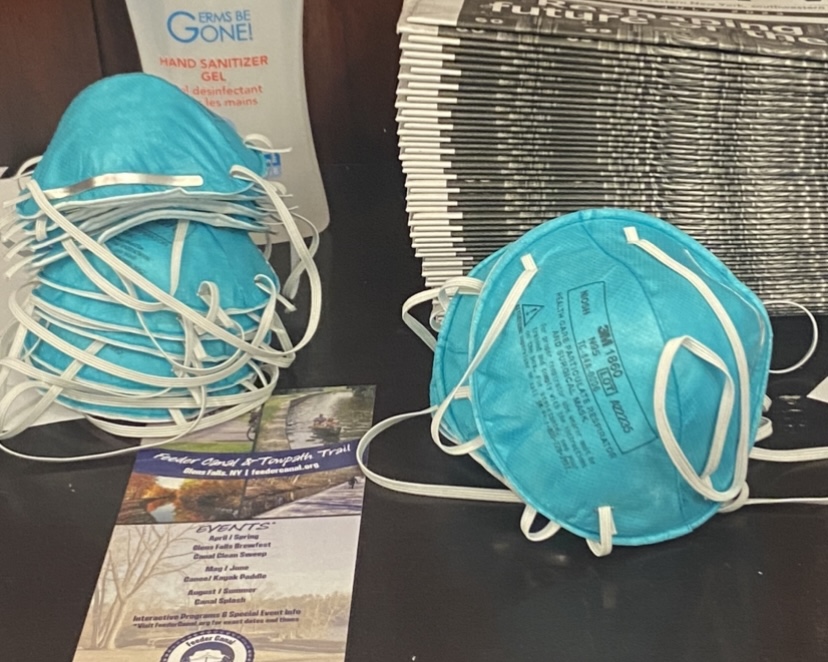Hazy, Hot, and Humid… Here’s Why

On Monday, July 17th, 2023, The New York State Department of Environmental Conservation (DEC) Commissioner Basil Seggos, and State Department of Health (DOH) Commissioner Dr. James McDonald, issued an Air Quality Health Advisory for Long Island, New York City Metro, Lower Hudson Valley, Upper Hudson Valley, the Adirondacks, Eastern Lake Ontario, Central New York, and Western New York Regions.
The pollutant concerns that triggered this advisory included fine particulate matter for New York City Metro, Lower Hudson Valley, Upper Hudson Valley, Adirondacks, Eastern Lake Ontario, Central New York, and Western New York. There were concerns regarding Ozone for Long Island, and New York City Metro. This advisory was expected to be in effect until 11:59 PM on July 17th.
The DEC and DOH issue Air Quality Advisories when DEC meteorologists predict levels of pollution, either ozone or fine particulate matter, that are expected to exceed an Air Quality Index (AQI) value of 100. The AQI was created as an easy way to correlate levels of different pollutants to one scale, with a higher AQI value indicating a greater health concern.
Fine particulate matter consists of tiny solid particles or liquid droplets in the air that are 2.5 microns or less in diameter. Particulate matter (PM) 2.5 can be made up of many different types of particles and often come from processes that involve combustion – vehicle exhaust, power plants and fires, as well as chemical reactions in the atmosphere.
Exposure can cause short-term health effects, such as irritation to the eyes, nose and throat, coughing, sneezing, and shortness of breath. Exposure can worsen medical conditions such as asthma and heart disease, and children and the elderly may both be particularly sensitive to PM 2.5.
There are pollution reducing steps that can be taken by individuals that also save energy – use of mass transit instead of driving and carpooling can both reduce exhaust emissions, and turning off all lights and electrical appliances in unoccupied areas conserves power. It’s also recommended to use fans to circulate air – if air conditioning is necessary, set the thermostat to 78 degrees. Close blinds and shades to limit heat build up, and preserve cooled air. Limit use of household appliances, and operate them at off-peak (after 7:00 PM) times – these appliances include dishwashers, dryers, pool pumps, and water heaters.
Glens Falls City Hall has free masks available to the public. These are 3M Health Care Particulate Respirator and Surgical Masks. They are located on the display table in the entrance hallway from the Ridge Street entrance.
For more information, please visit dec.ny.gov